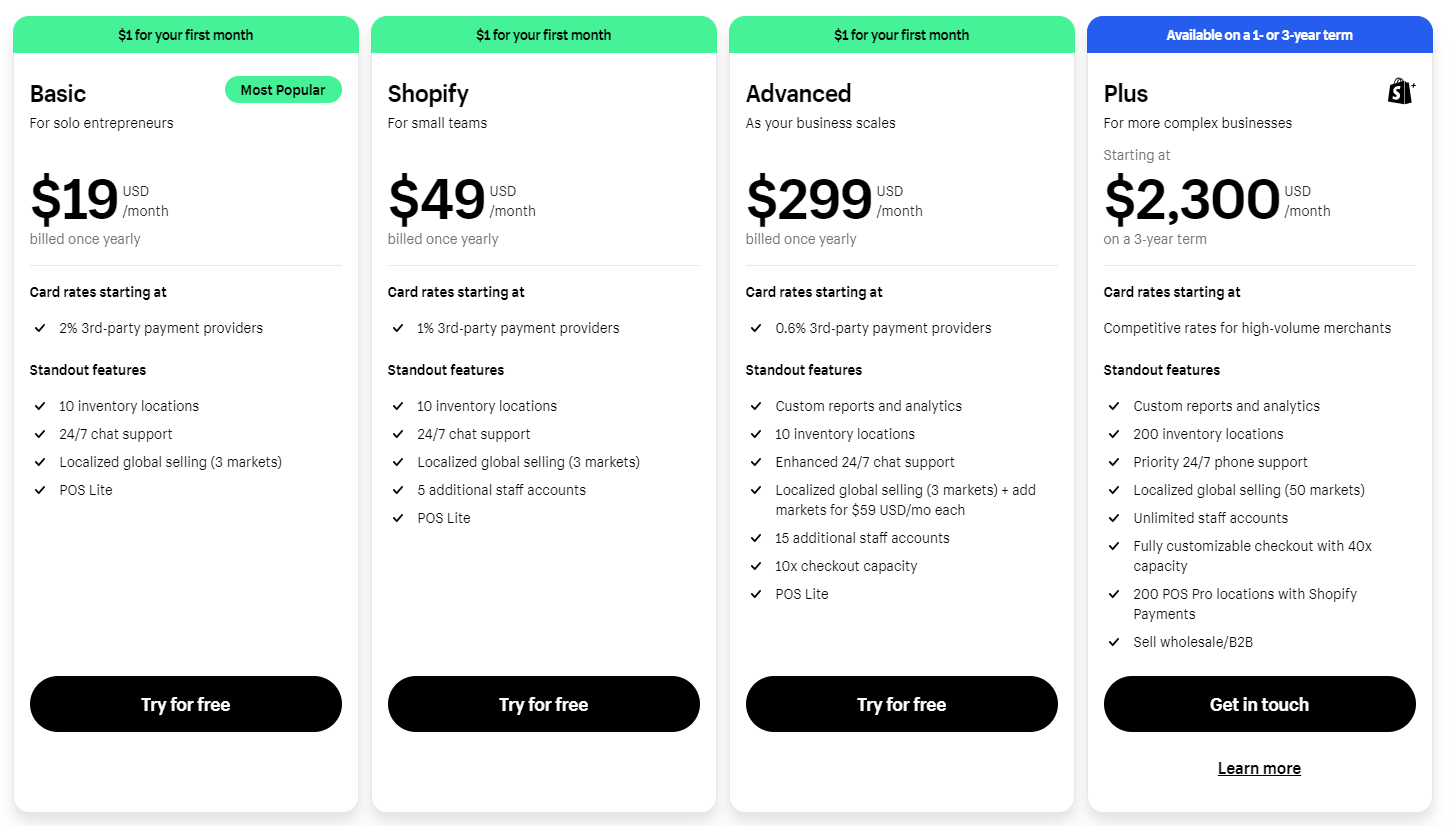In the world of finance and business management, the roles of bookkeepers and accountants are often used interchangeably, but they serve distinct functions. Understanding the differences between these two professions is essential for making informed decisions about your financial management needs.
In this comprehensive guide, we will explore the roles, responsibilities, qualifications, and advantages of both bookkeepers and accountants, as well as the main distinctions between them.
What is Bookkeeping?
Bookkeeping is the systematic process of recording, organizing, and maintaining a company’s financial transactions and records. It serves as the foundation of financial management, providing a clear and organized picture of a business’s financial health. Bookkeepers are responsible for ensuring that financial data is accurately recorded and categorized.
What Does a Bookkeeper Do?

Bookkeepers handle a wide range of financial tasks, including:
- Recording Transactions:
Bookkeepers record daily financial transactions, such as sales, purchases, payments, and receipts, in a company’s ledger or accounting software.
- Categorizing Expenses:
They categorize expenses into appropriate accounts, ensuring that financial records are accurate and in compliance with accounting standards.
- Bank Reconciliation:
Bookkeepers reconcile bank statements with the company’s financial records to identify discrepancies and ensure the accuracy of financial data.
- Generating Financial Statements:
They prepare essential financial documents, including income statements and balance sheets, to provide an overview of a company’s financial position.
- Maintaining Accounts Receivable and Payable:
Bookkeepers manage accounts receivable (money owed to the company) and accounts payable (money the company owes to others) to track cash flow.
Credentials Needed for a Bookkeeper
While there are no strict educational requirements for becoming a bookkeeper, many employers prefer candidates with at least a high school diploma or equivalent. Some bookkeepers choose to pursue formal education, such as an associate’s degree in accounting or bookkeeping, to enhance their qualifications. Professional certifications, such as Certified Bookkeeper (CB), can also be valuable for career advancement.
Advantages of Working with a Bookkeeper
- Cost-Effective: Bookkeepers generally have lower hourly rates compared to accountants, making them a cost-effective choice for small businesses.
- Accurate Financial Records: Bookkeepers ensure that financial transactions are accurately recorded and organized, reducing the risk of errors.
- Time Savings: By handling day-to-day financial tasks, bookkeepers free up business owners and managers to focus on core operations.
- Compliance: They help maintain compliance with tax regulations and financial reporting requirements.
What is Accounting?

Accounting is a broader discipline that encompasses financial analysis, interpretation, and reporting. Accountants are responsible for not only recording financial data but also analyzing it to provide insights and make informed financial decisions. Accounting involves a deeper understanding of financial principles and concepts.
What Does an Accountant Do?
Accountants perform a wide range of financial activities, including:
- Financial Analysis:
They analyze financial data to assess a company’s financial health, identify trends, and make recommendations for improvement.
- Tax Planning and Preparation:
Accountants assist businesses in optimizing their tax strategies, ensuring compliance with tax laws, and preparing tax returns.
- Auditing:
They conduct financial audits to examine financial statements and verify their accuracy and compliance with accounting standards.
- Budgeting and Forecasting:
Accountants help create budgets, financial forecasts, and projections to guide a company’s financial planning.
- Financial Reporting:
They prepare and present financial reports, including annual reports, to stakeholders such as investors, lenders, and regulators.
Credentials Needed for an Accountant
Accountants typically hold at least a bachelor’s degree in accounting or a related field. Many pursue advanced degrees, such as a Master of Business Administration (MBA) or a Certified Public Accountant (CPA) designation, to enhance their knowledge and career prospects. Professional certifications, such as Certified Management Accountant (CMA) or Chartered Financial Analyst (CFA), are also common among accountants.
Advantages of Working with an Accountant
- Financial Analysis: Accountants provide in-depth financial analysis and strategic insights that can help businesses make informed decisions.
- Tax Expertise: They have extensive knowledge of tax laws and regulations, helping businesses minimize tax liabilities while remaining compliant.
- Auditing and Assurance: Accountants can conduct financial audits, offering assurance to stakeholders and investors.
- Strategic Planning: They assist in long-term financial planning, budgeting, and forecasting to support business growth and stability.
Main Differences between a Bookkeeper and an Accountant

Understanding the primary differences between bookkeepers and accountants is essential for deciding which professional to hire for your financial needs:
1. Required Education and Training:
- Bookkeeper: While formal education is not always required, some formal training or certification can enhance job prospects.
- Accountant: Typically holds at least a bachelor’s degree in accounting or a related field and may pursue advanced degrees and professional certifications.
2. Objectives and Skill Sets:
- Bookkeeper: Focuses on accurately recording and organizing financial transactions.
- Accountant: Analyzes financial data, prepares financial reports, conducts audits, and offers strategic financial guidance.
3. Pricing and Fees:
- Bookkeeper: Generally has lower hourly rates, making them cost-effective for routine financial tasks.
- Accountant: Tends to charge higher fees due to their broader skill set and ability to provide financial insights.
The Accounting Cycle Explained
The accounting cycle is the step-by-step process that accountants use to record, analyze, and report financial transactions. It encompasses several key stages:
1. Creating a Chart of Accounts:
A chart of accounts is a comprehensive list of all the accounts used by a business to classify financial transactions.
2. Maintaining Journal Entries and the General Ledger:
Accountants record financial transactions in journals and then transfer them to the general ledger, which summarizes all transactions.
3. Generating the Trial Balance and Adjusting Entries:
A trial balance is prepared to ensure that debits and credits are equal. Adjusting entries are made to correct errors and prepare financial statements.
Accountant vs Bookkeeper: Which Should You Hire?

Deciding whether to hire an accountant or a bookkeeper depends on your specific financial needs and the complexity of your business:
Consider Your Options:
- Bookkeeper: Ideal for businesses that need assistance with day-to-day financial tasks, such as data entry, reconciliations, and basic record-keeping.
- Accountant: Recommended for businesses requiring in-depth financial analysis, strategic planning, tax optimization, or assistance with audits and compliance.
Signs You Need a Professional:
- Bookkeeper: Consider hiring a bookkeeper if you struggle with keeping financial records organized, need help with routine data entry, or want to ensure compliance with tax regulations.
- Accountant: An accountant is essential if you require financial analysis, tax planning, strategic guidance, or are facing complex financial situations, such as audits or mergers.
Career Paths in Bookkeeping and Accounting
Both bookkeeping and accounting offer diverse career paths:
- Bookkeeping: Bookkeepers can advance their careers by obtaining certifications, gaining experience in specialized industries, or pursuing supervisory roles. Some may transition into accounting roles with additional education and certifications.
- Accounting: Accountants have a wide range of career opportunities, including roles in public accounting, corporate finance, tax consulting, auditing, and more. Advanced certifications like CPA or CFA can open doors to higher-level positions and greater earning potential.
How Can a Bookkeeper Become an Accountant?
If a bookkeeper wishes to become an accountant, they can take the following steps:
- Educational Advancement: Consider pursuing a bachelor’s degree or higher in accounting or a related field to meet the educational requirements for accountant roles.
- Certifications: Obtain relevant certifications, such as the Certified Public Accountant (CPA) designation, to enhance your accounting expertise and marketability.
- Gain Experience: Seek opportunities to work on more complex financial tasks, such as financial analysis, auditing, and tax planning, to build a strong accounting skill set.
- Networking: Connect with professionals in the accounting field, attend industry events, and seek mentorship to gain insights and guidance.
Frequently Asked Questions:(FAQs)
- What financial reports do bookkeepers prepare?
Bookkeepers typically prepare financial reports such as income statements, balance sheets, cash flow statements, and accounts receivable and accounts payable reports. However, the depth and complexity of these reports may vary.
- What financial reports do accountants prepare?
Accountants prepare comprehensive financial reports, including audited financial statements, tax returns, budget reports, financial forecasts, and management reports that provide in-depth financial analysis and insights.
- Which role is more involved in financial decision-making?
Accountants play a more significant role in financial decision-making as they provide insights, analysis, and strategic recommendations based on financial data. Bookkeepers primarily focus on recording and organizing financial transactions.
- Can software replace both bookkeepers and accountants?
While accounting software can automate many financial tasks, it cannot entirely replace the expertise and judgment of bookkeepers and accountants. These professionals provide critical analysis, strategic guidance, and ensure compliance with complex financial regulations.
- How often do bookkeepers and accountants interact?
Bookkeepers and accountants may interact regularly, especially in larger businesses. Accountants may review the work of bookkeepers, provide guidance on complex transactions, and collaborate on financial reporting and analysis.
What Is EcomBalance?

EcomBalance is a monthly bookkeeping service specialized for eCommerce companies selling on Amazon, Shopify, Ebay, Etsy, WooCommerce, & other eCommerce channels.
We take monthly bookkeeping off your plate and deliver you your financial statements by the 15th or 20th of each month.
You’ll have your Profit and Loss Statement, Balance Sheet, and Cash Flow Statement ready for analysis each month so you and your business partners can make better business decisions.
Interested in learning more? Schedule a call with our CEO, Nathan Hirsch.
And here’s some free resources:
- Monthly Finance Meeting Agenda
- 9 Steps to Master Your Ecommerce Bookkeeping Checklist
- The Ultimate Guide on Finding an Ecommerce Virtual Bookkeeping Service
- What Is a Profit and Loss Statement?
- How to Read & Interpret a Cash Flow Statement
- How to Read a Balance Sheet & Truly Understand It
Conclusion:
The realms of bookkeeping and accounting, while often conflated, serve distinct yet interrelated roles in the financial landscape of businesses. Bookkeepers primarily concentrate on the systematic and accurate recording of daily financial transactions, laying the foundation for robust financial management. Their focus ensures businesses maintain a clear snapshot of their financial standing on a day-to-day basis.
On the other hand, accountants delve deeper, analyzing, interpreting, and reporting on this financial data to offer strategic insights and aid in informed decision-making. Their expertise spans broader areas like tax planning, auditing, and financial forecasting.
Ultimately, the choice between hiring a bookkeeper or an accountant hinges on the specific needs of a business. For those requiring assistance with routine financial tasks, a bookkeeper might be more apt.
In contrast, businesses looking for strategic financial insights and analyses might be better served by an accountant. Recognizing the unique contributions of both professions ensures that businesses can harness the strengths of each, optimizing their financial management and planning.










